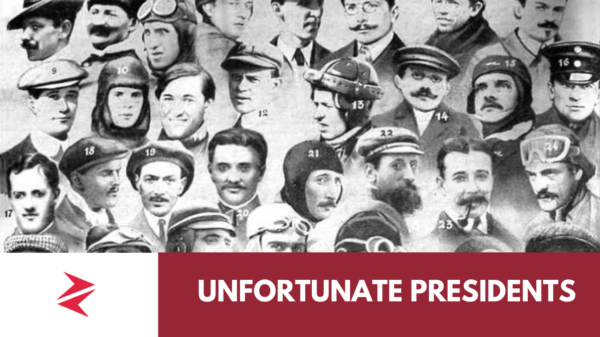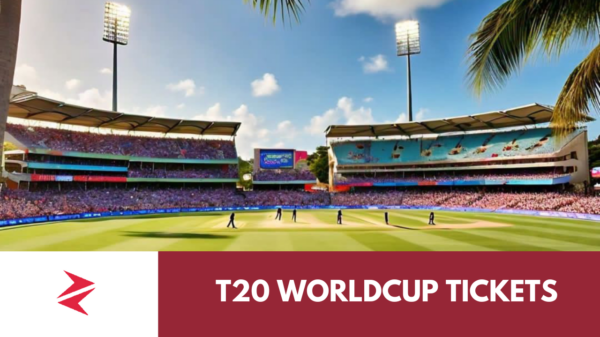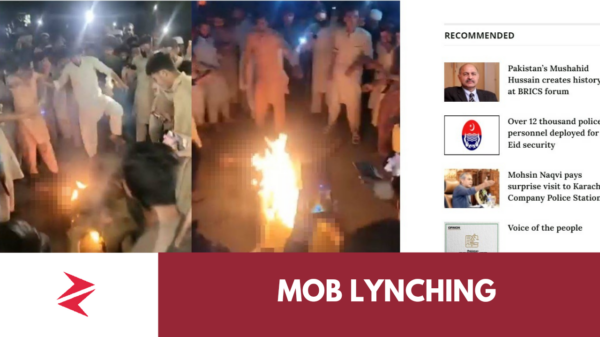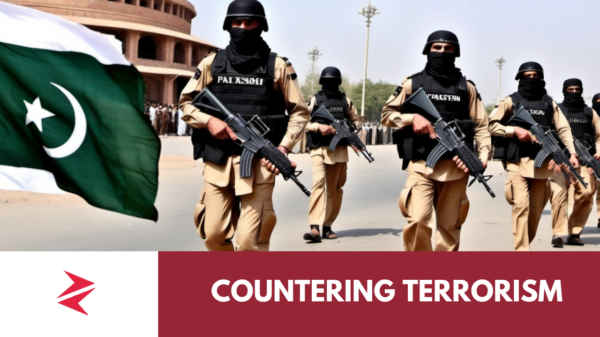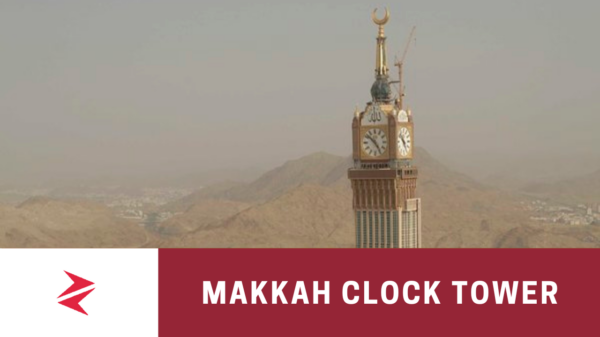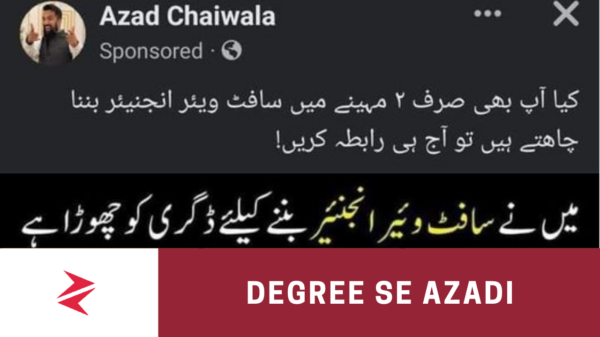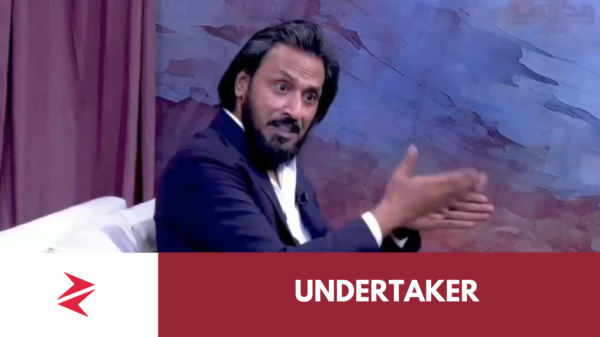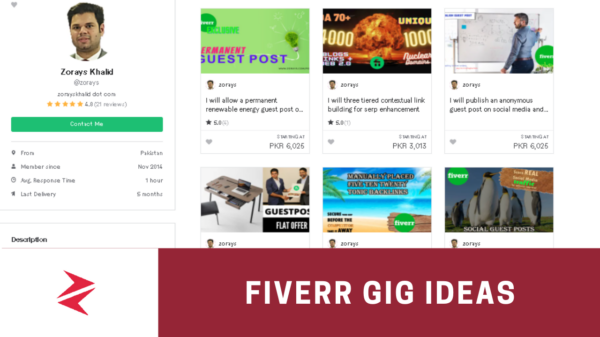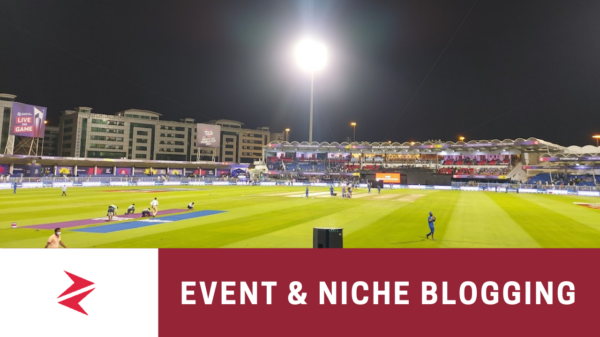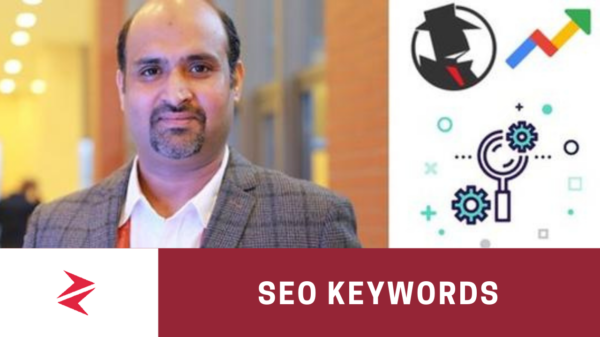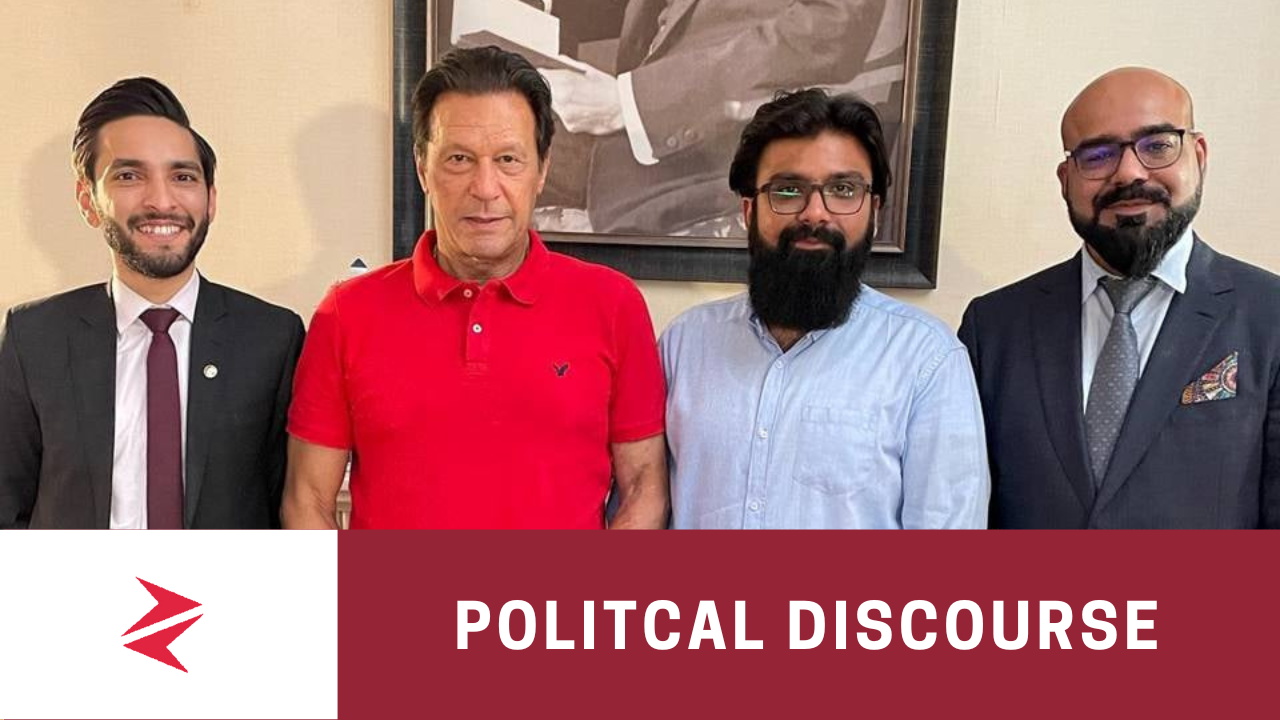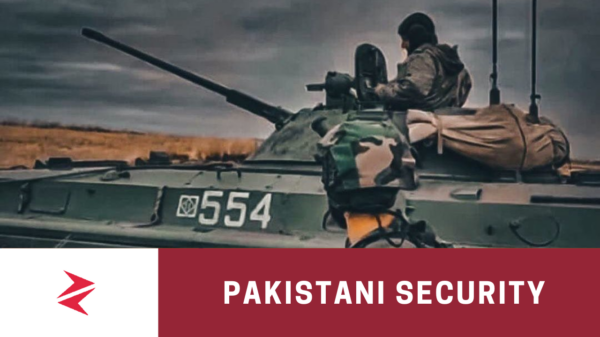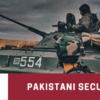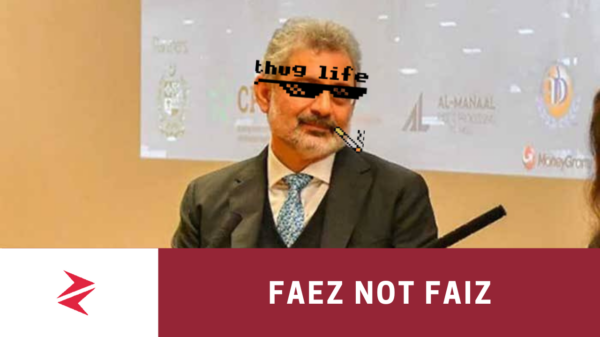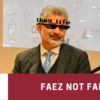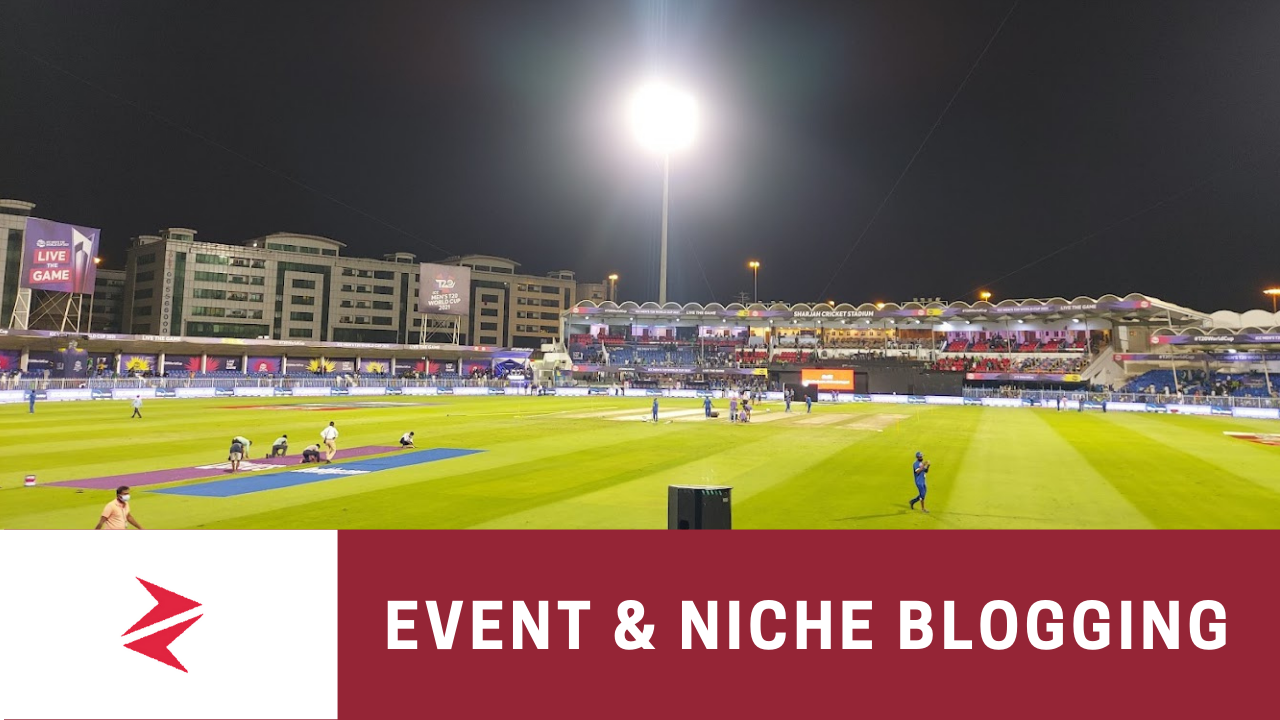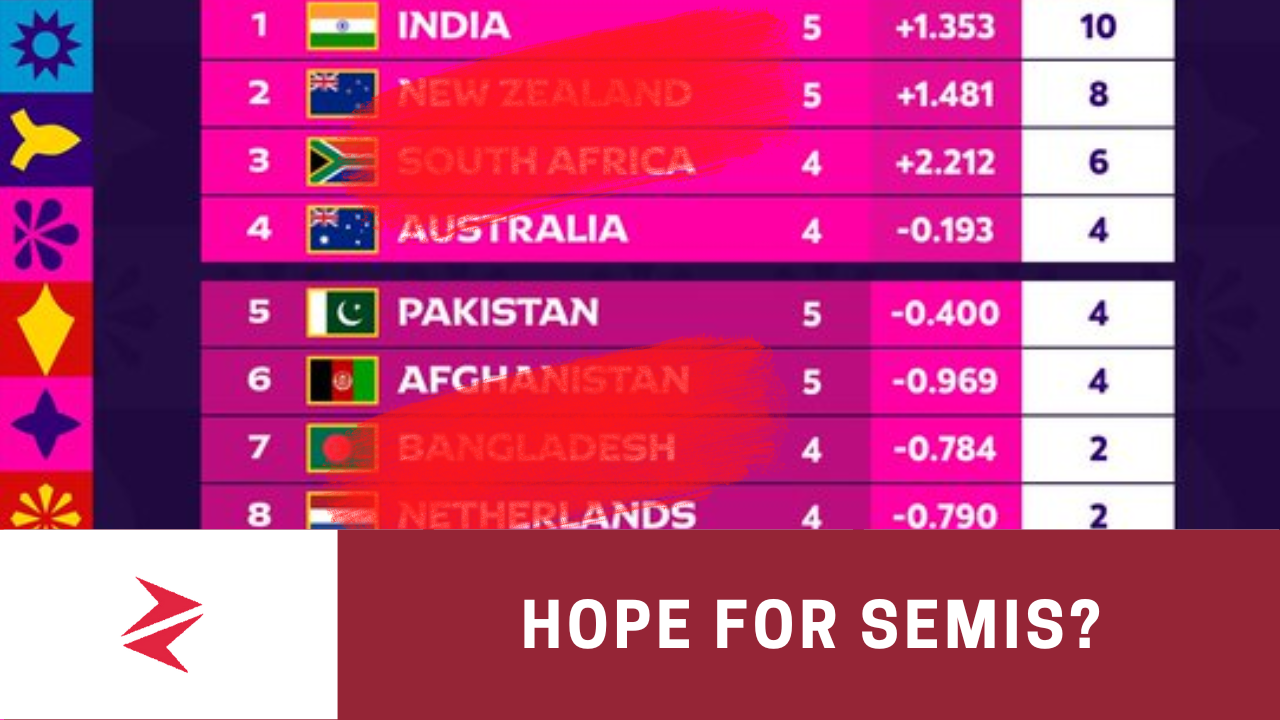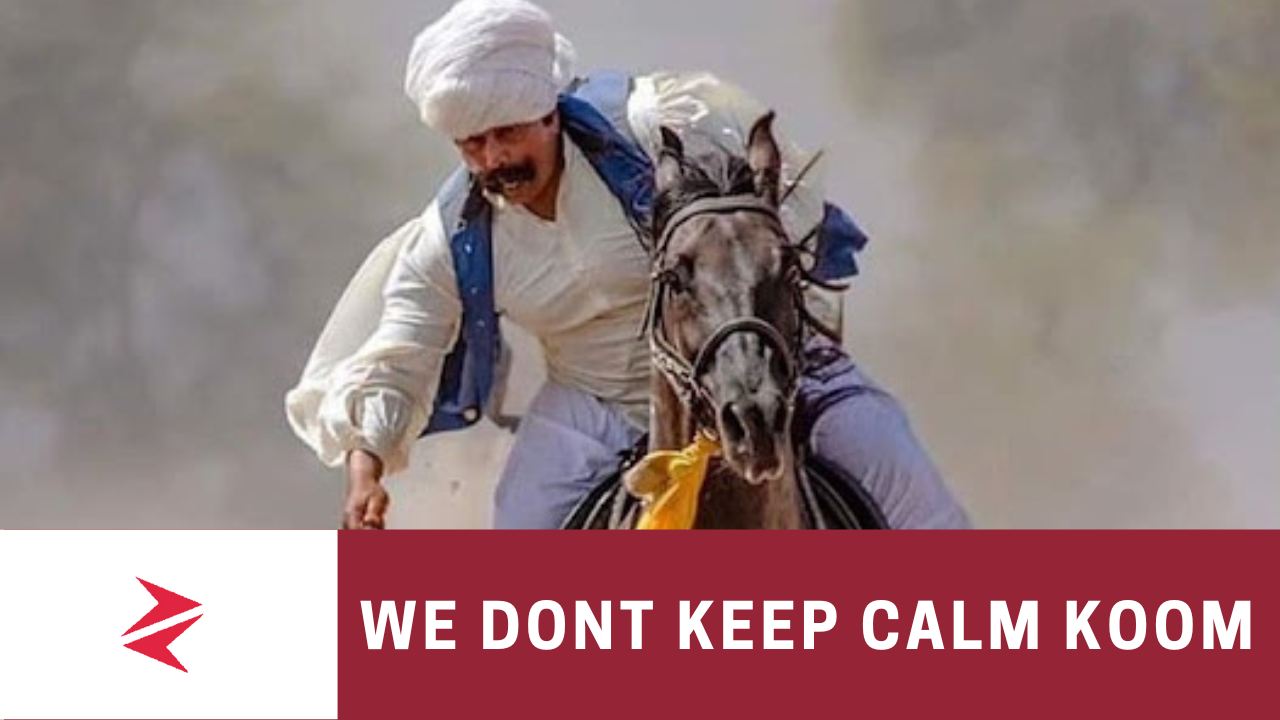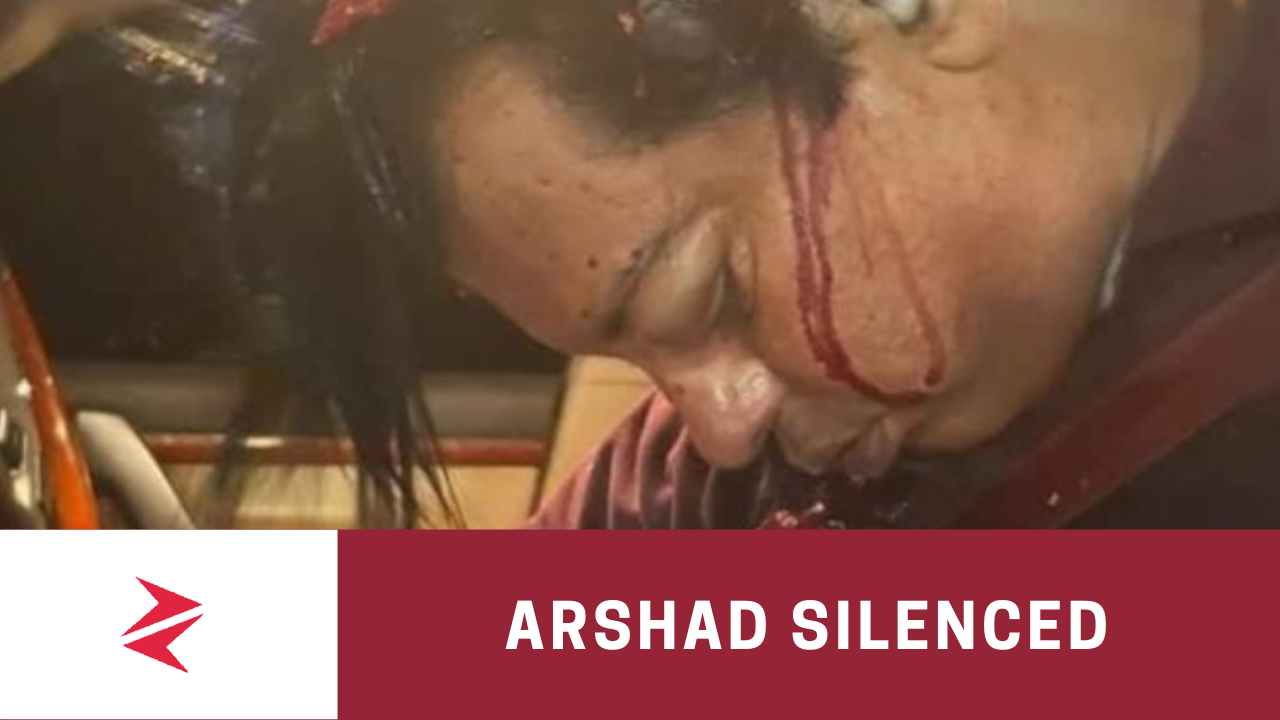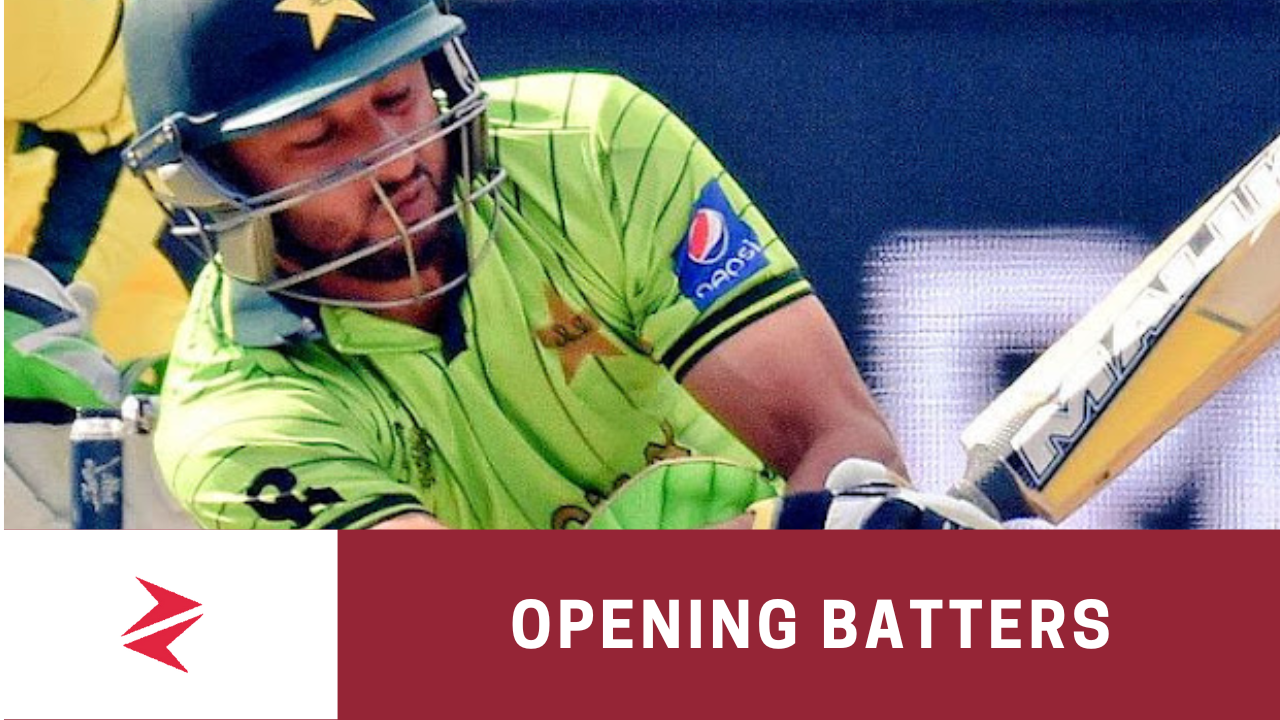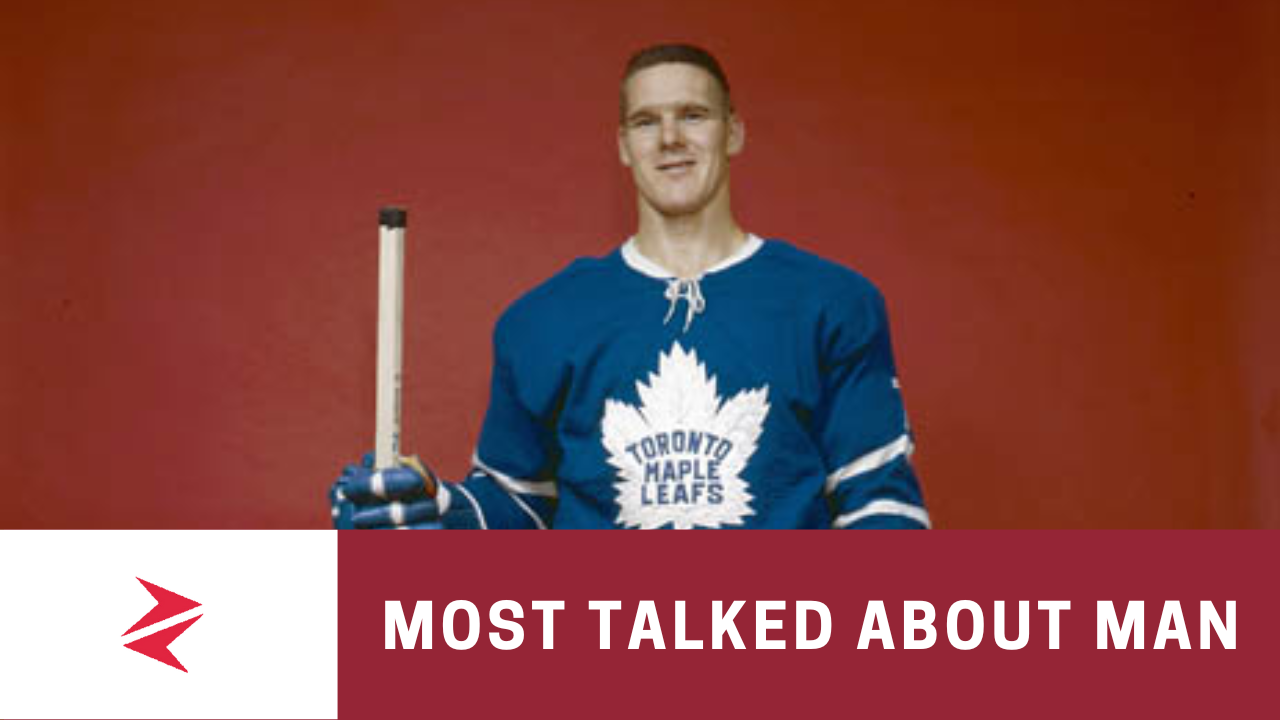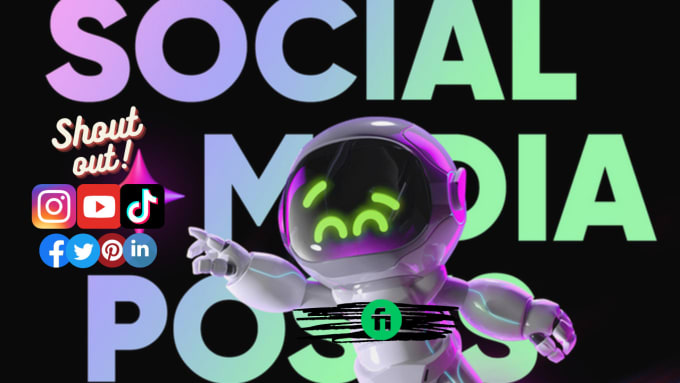Pakistani Podcasts are highly politically oriented and dominated by narratives. Mansoor Ali Khan has also joined the club with his recent discussion alongside Hina Pervez Butt which has stirred the LUMS debate. Recently, I was actually denied an interview because the host holds opposing political views and claimed that I am too politically motivated. I contacted a podcast and, as a professional on the topic at hand, I understand the importance of not sharing my political and religious views. However, the host has refused to reconsider this.
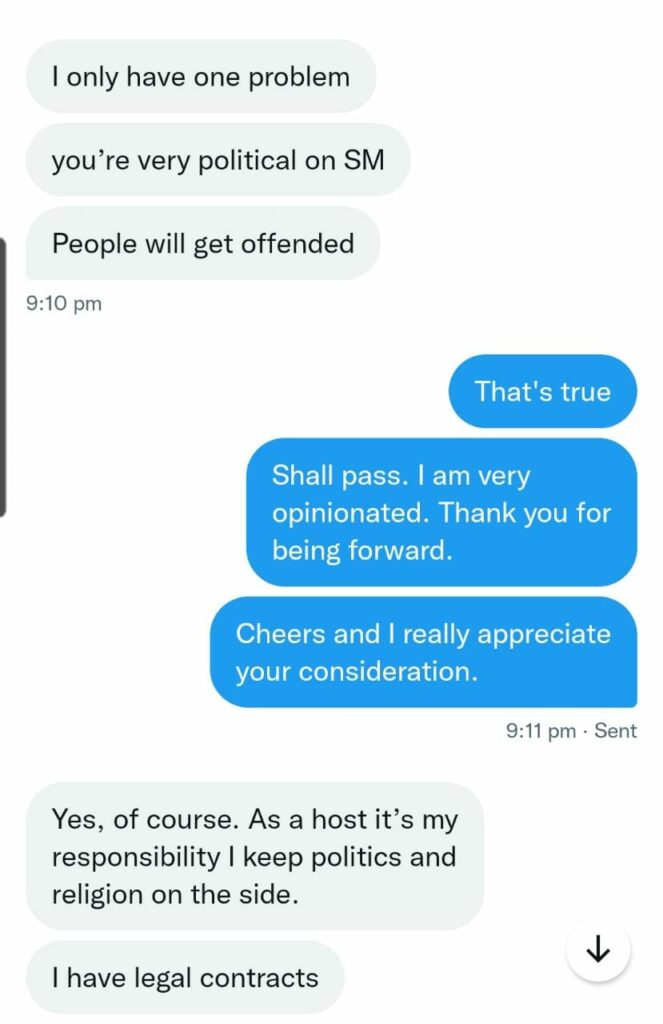
You may not necessarily agree with my political opinions, but political opinions shouldn’t have anything to do with discourse. That’s really dumb and it’s everything that’s wrong with modern-day camp politics. Many Podcast greats such as Syed Muzammil Hassan, Taimoor Salahuddin aka Mooroo, Ghias Sheikh, Naeem Sikandar, Salman Saeed Khan, Hafiz Ahmed, Ismail Blogger, Abdul Basit Khawaja, Talha Ahad, and Junaid Akram respect the boundaries set by their guests and only operate within those limits. I have seen Nadir Ali of P 4 Pakao, Youth Club’s Ali E digressing a lot many times though. My personal favorite is Faran Rafi.




